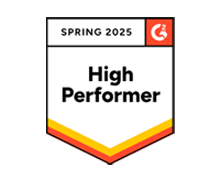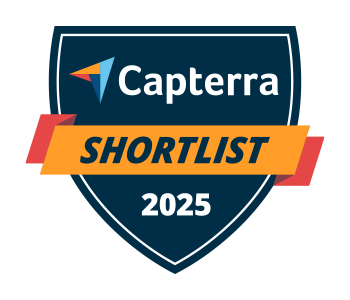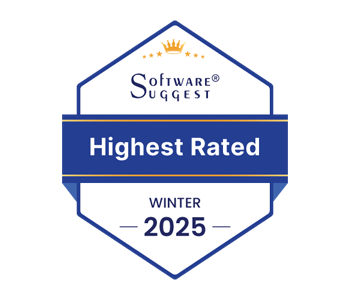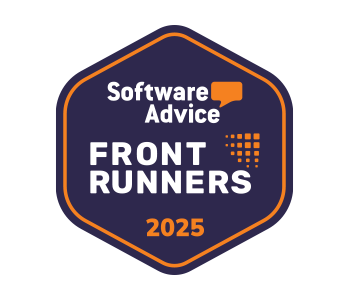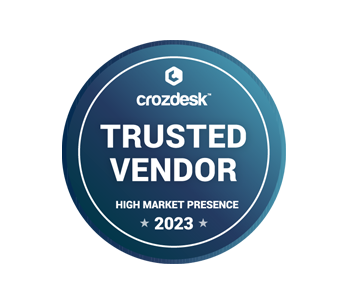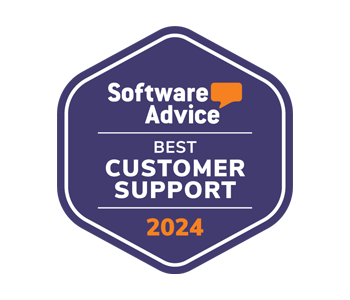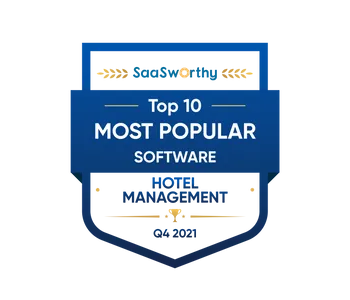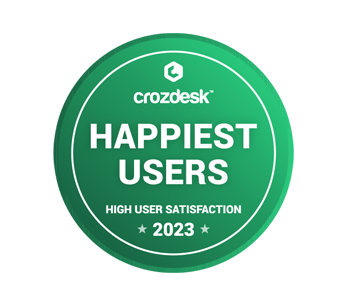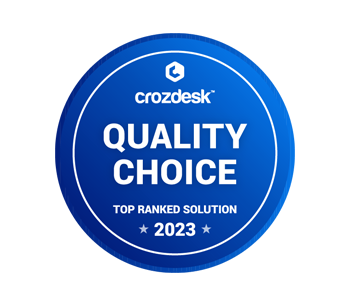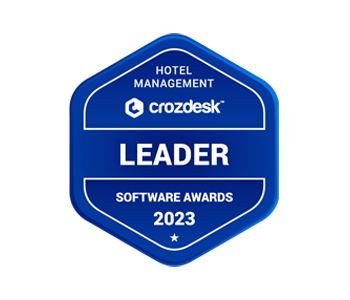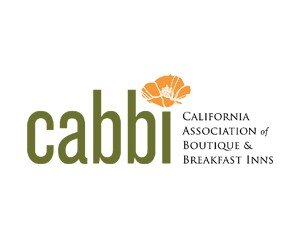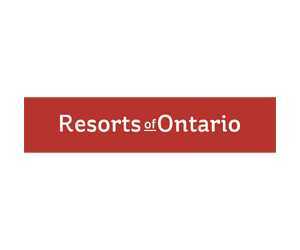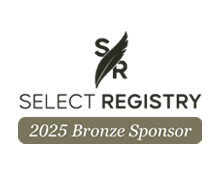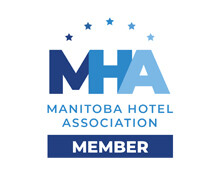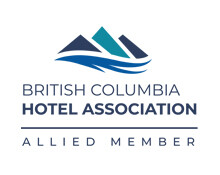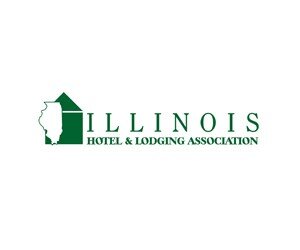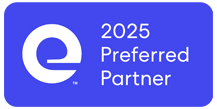The holiday rush is almost upon us, so now’s a good time to get a head start on strategizing for success in the New Year — after all, 2016 is just around the corner! With US adults spending an average of six hours a day on digital media, your digital marketing strategy is one thing you want to get right.
Here’s our digital marketing checklist for a successful year ahead for lodging operators:
Mobile-Friendly Website & Mobile Bookings
Did you know that 69 percent of travelers begin their search online via a mobile device? Mobile is no longer a trend, it’s a way of life — especially in the world of travel. With Google’s major mobile-friendly algorithm update implemented earlier this year, businesses can no longer afford not to have a mobile-friendly website.
If your website isn’t already mobile friendly, there’s a good chance it’s due for an update anyway. When it’s time for a redesign, consider a responsive website that automatically detects and adapts to the screens of all devices (smartphones, tablets, laptops and desktops).
According to eMarketer’s latest estimates (based on research to date), 51.8 percent of travelers who book trips online in 2016 will do so using a mobile device, up from 43.8 percent this year. So it’s also crucial to offer a mobile-friendly (and user-friendly) booking engine on your website.
SEO
Search engine optimization (SEO) involves various techniques and can be confusing to the layperson, but if you keep in mind that search engines are designed to provide the most useful results to users and you follow suit with your own website, you are already on the right path. This means your website should be mobile-friendly (as mentioned above) and should feature fresh, local content relevant to your guests, in addition to using traditional SEO techniques like appropriate use of keywords and SEO-friendly design.
With the rise of mobile search, Google has been improving local search results — in other words, tailoring results to the user’s local area — so make sure your property’s website is easy to find for travelers booking accommodation on the day. To do this, include NAP (name, address, phone number) details on every page of your website, verify your business on Google My Business to ensure that your website appears on Google Maps, verify your business with Bing and Yahoo! too, and make sure your business is listed in popular local directories.
As for paid search/SEM (search engine marketing), HeBS Digital just published some great tips for maximizing revenue from SEM campaigns in 2016, including tailoring your ads to key customer segments, optimizing campaigns for your property’s seasonality needs, creating a dedicated paid search campaign for each multichannel promotion, and utilizing advanced targeting methods like Remarketing Lists for Search Ads (RLSA).
Data-Driven (Targeted) Marketing
Sending customer segments targeted offers that are relevant to their needs and interests is more effective than sending generic campaigns to everyone. For example, if you segment your customer base into business travelers and leisure travelers, you can deliver offers for adventure packages and corporate packages to the right customers. You can target your marketing even further by segmenting your leisure guests into family travelers and couples.
Such simple segmentation has the power to significantly boost revenue — 75 percent of hotels in a recent case study agree.
Review the data in your property management system (PMS) to get to know your guests (who comprises your most important customer segments?) and use that information to offer your guests more value through targeted marketing. Consider integrating your PMS with your CRM to automate your targeted email marketing efforts.
Mobile-Friendly Email Marketing
According to Litmus, more than half of all emails are now opened on a mobile device. Whether you are sending a booking confirmation email, special offer, post-stay thank you or survey, your customer email communications should be optimized for mobile so that they look great on a desktop or smartphone.
Email marketing experts at Constant Contact offer some simple tips for creating mobile-friendly emails, including concise content (short, sweet and simple!), single-column templates, clear calls to action (buttons are better than links), and larger font.
Content Marketing
Content marketing is great for SEO because fresh, relevant content provides real value to your customers online. Content marketing focuses on content that is engaging, inspiring and helpful to your customers. Needless to say, knowing your target audience is key to providing content that is relevant to them.
High-quality content tells the story of your property or conveys the stay experience while providing helpful information that prospective guests want to know. Tell your story through well-written text, photos and video, and ensure website content is organized in a user-friendly manner.
Maintaining a blog is an effective way to keep your website fresh, share your local expertise and highlight your property’s personality. World Web Technologies Inc. shares some best practices for hotel blogging.
Social Media Marketing
Working hand in hand with your website, social media is key to improving brand awareness and building customer relationships. Search engines like businesses that are active on social media too. And here’s an inspiring Twitter fact: 70 percent of followers have taken action after seeing travel content on Twitter.
Paid social media advertising is not very expensive and can boost the visibility of promotional posts to targeted audiences. Facebook is an effective advertising platform for lodgings with highly visual ads that can be interacted with in a variety of ways (comments, likes, shares and click-throughs).
Engaging with customers organically (unpaid) on social media involves creating posts that tell interesting stories related to your property or location. Highlight local events and happenings, your blog posts and special packages, and share user-generated content about your hotel to humanize your brand and inspire conversation.
Reputation Management
The first step in managing your online reputation is to optimize your online presence. This means having a great website and being present and active on social media channels, OTAs, meta-search sites and review websites. Make sure online content is truly representative of your property (i.e. don’t make empty promises that will only lead to disappointed guests), and ask for and promote guest feedback.
It is very important to monitor social media and review sites for comments and feedback about your property and respond appropriately. Social listening tools like Hootsuite ensure that you don’t miss a mention. Online reputation management systems like Revinate step it up a notch by providing a whole suite of tools to help measure and analyze feedback for actionability.
Remarketing
Remarketing is the process of targeting email or ad campaigns to people who have previously visited your website. Without remarketing, a whopping 92 percent of those visitors will not return.
You know how that jacket you were looking at online but didn’t buy is now following you around the Internet? That’s an example of remarketing.
Remarketing can be implemented via simple code inserted into your website or email marketing campaign that tracks website visitors or subscribers who have opened your email, and subsequently allows you to target display ads to them throughout the Web. It’s an excellent way to build brand awareness and even bring back visitors who abandoned the booking process.
If you’re new to the concept of remarketing, Google is a good place to start. And here’s some information about Facebook remarketing.
Channel Integration
Simplify online distribution management by integrating your PMS with third-party distribution channels (GDS, OTAs, channel managers) for real-time room visibility across the board. Integrating your PMS with online distribution channels not only enables you to more efficiently maximize revenue, but it also allows you to automatically track where your bookings are coming from to help you optimize your distribution strategy.
We all know how important online marketing is in this day and age — especially in the travel industry. While the above strategies work together to comprise a solid online marketing plan for lodgings, properties will find that some strategies work better than others; the right online marketing mix differs from property to property and depends on such factors as seasonality, customer base, business goals and budget. Monitor and analyse the success of your campaigns to find the perfect balance for your property.







